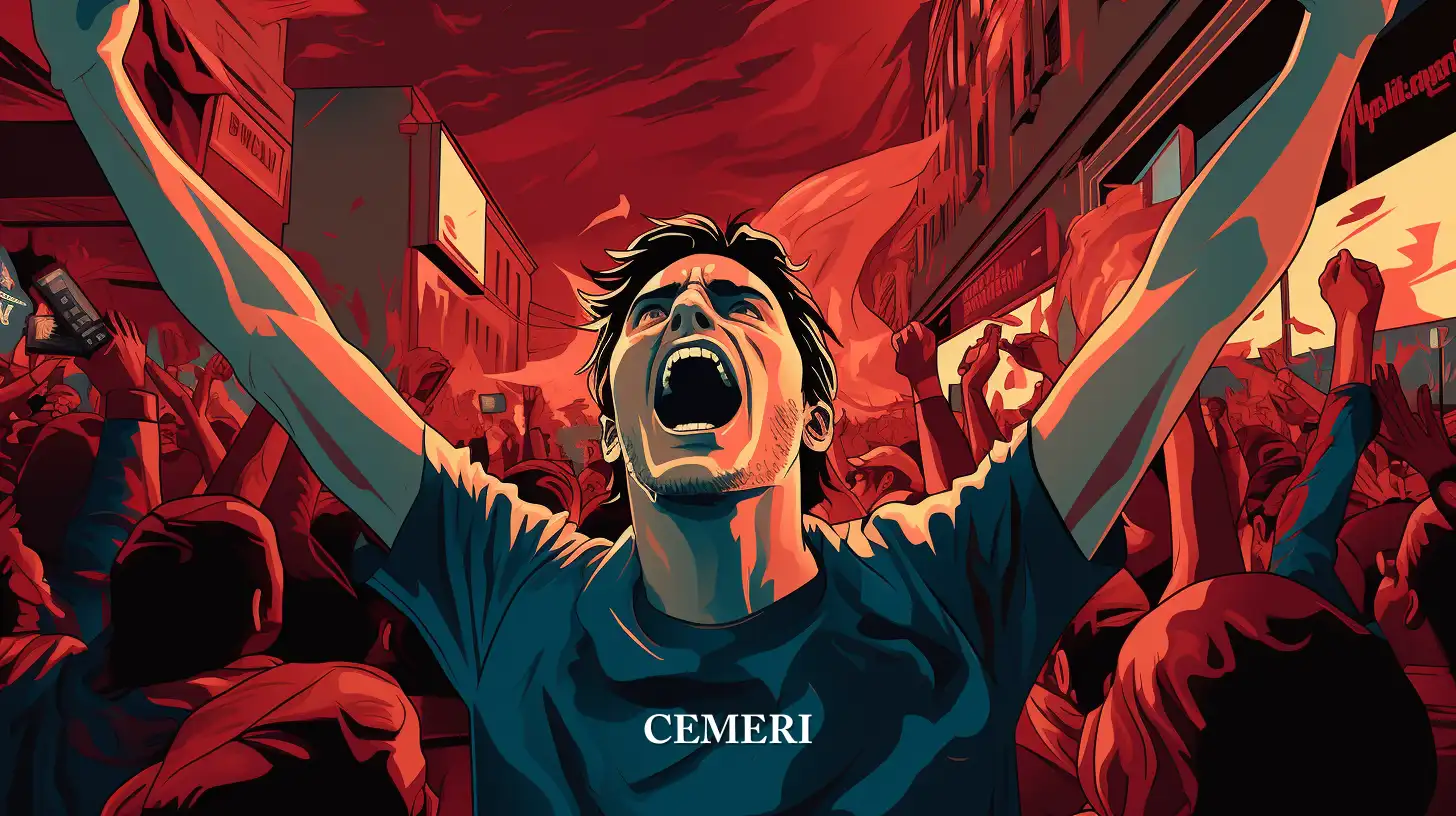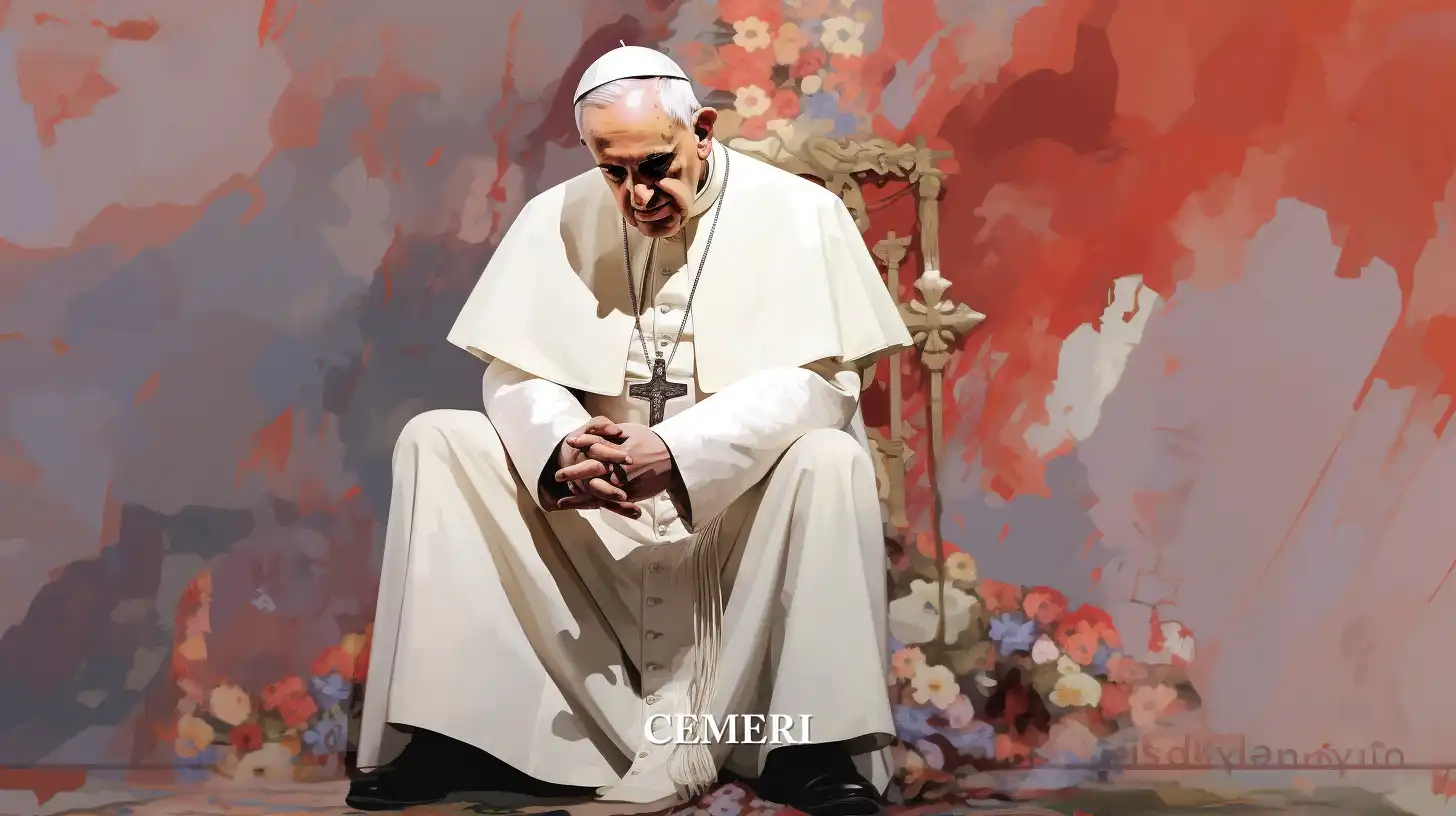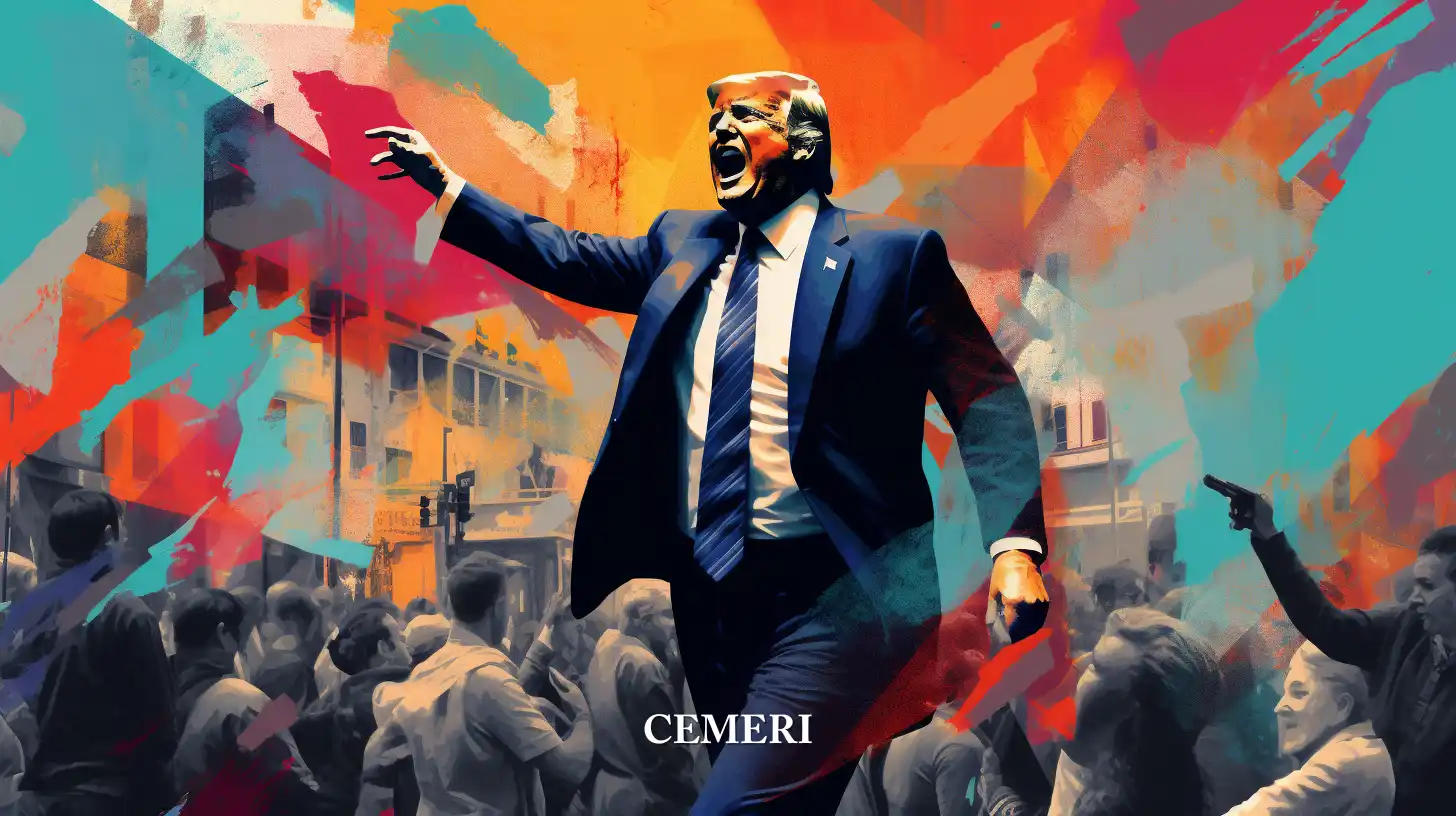Opinion
David Gallegos Rubio
Geopolitical factors to understand the crisis in Colombia
- The government was counting on the 2019 tax reform to attract investment and achieve GDP growth.

Convened by unions, students and social organizations, on April 28, various demonstrations began in Colombia to reject a tax reform bill that the government of Iván Duque presented to Congress. Among the points that caused the most controversy is the increase in the value-added tax on basic foods and public and funeral services.
Despite curfews in several cities due to the coronavirus pandemic, violent nighttime clashes have broken out between the Armed Forces and protesters. On May 2, since the start of the national strike, the NGO Temblores had already registered 21 deaths due to the excessive use of force by the police. On the same day, President Duque asked Congress to withdraw the tax reform and asked the Ministry of Finance to arrange a new tax bill with the different sectors of the country.
The demonstrations continued due to the social discontent expressed in the marches of November 2019 and September 2020, which has grown since then. On May 3, [the Ombudsman requested to investigate the death of 19 people](https://www.infobae.com/america/colombia/2021/05/04/defensoria-del-pueblo-reporto-19-muertos -in-the-national-strike-13-were-for-firearms/) in the framework of the protests. Carriers and truckers joined the strike, blocking several national highways and access roads to the country's main cities. The following day, May 4, [the Minister of Finance, Alberto Carrasquilla, resigned](https://elpais.com/internacional/2021-05-03/dimite-el-ministro-de-hacienda-de-colombia- who-promoted-the-tax-reform.html) and the president appointed José Manuel Restrepo, then Minister of Commerce, to the post.
The most violent day of the strike was May 4, when there were [46 injured in Bogotá](https://www.ismorbo.com/colombia-bogota-vivio-una-intensa-noche-de-disturbios-que-resulto -en-46-personas-heridas/) between police and civilians, [more than 100 buses vandalized and around 25 police stations set on fire](https://www.laopinion.com.co/colombia/disidencias-de-farc-eln -y-movimiento-bolivariano-detras-de-vandalismo-mindefensa), one when the agents were still inside. On May 5, the Ombudsman's Office updated its data with [24 dead and 89 disappeared](https://www.infobae.com/america/colombia/2021/05/05/la-defensoria-del-pueblo-reporta -24-deaths-and-89-disappearances-during-the-protests-of-the-national-strike/), however there was speculation about the figure of 37 deaths at the hands of the police and the record of [1,708 cases of police violence] (https://amnistia.org.ar/colombia-preocupan-las-denuncias-de-desapariciones-y-violencia-sexual-contra-manifestantes/#:~:text=Hasta%20el%206%20de%20mayo, were %20v%C3%ADvictims%20of%20sexual%20violence.). The United Nations (UN), the Inter-American Commission on Human Rights (IACHR) and the United States government, among others, have rejected police violence in Colombia and have called on the Colombian government to take measures to stop the attacks.
Given this, the Minister of the Interior, Daniel Palacios, assured that the government does not tolerate police abuse or vandalism; while Foreign Minister Claudia Blum affirmed that the Colombian State is committed to the protection of human rights. Duque is expected to meet with the National Strike Committee to discuss the key demands of the people on May 10.
Instability in the Duque government
2020 ended up being a poor year in terms of economic growth. Colombia officially entered recession in the third quarter, after two consecutive periods of contraction ([-15.8% in the second quarter and -8.5% in the third quarter](https://www.larepublica.co /economy/follow-here-the-publication-of-the-results-of-the-dane-of-the-gdp-of-colombia-in-2020-3125471#:~:text=In%20how much%20to%20the%20results, a%C3%B1o%2C%2015%2C8%25.)). Even if we may see the beginning of the end of the pandemic by the end of the year, with the first announcements of vaccine success and administration in the US and UK, it is expected to take [3-6 months](https: //colombia.as.com/colombia/2021/05/08/actualidad/1620511191_180239.html) for the country to ensure doses for the majority of the population.
The year 2021 began with great expectations regarding the Colombian government's approach to the protests and movement that began in November 2019 and the proposal for "Nacional Conversational" . In addition, the cabinet change that took place from mid-January to February (with the intention of improving the image of President Duque's government) could be interpreted by his supporters as a positive reaction on the part of the President, who moves quickly to react to events; or a symbol of improvisation, for his critics, who saw nervousness in the president's actions in the face of the most difficult situation the country is going through. It seemed that the legislative sessions, which would have started in March, would be where Colombia could finally debate structural issues such as labor and pension reform, to close competitiveness gaps and address some of the problems that previous reforms left unfinished. The government counted on the tax reform approved in 2019 to become the central argument for many international investors to take advantage of the opportunities offered by the country and contribute to the [ambitious GDP growth targets of 4.6%](https:// www.banrep.gov.co/es/informe-politica-monetaria-enero-2021-0#:~:text=Con%20esto%2C%20el%20nuevo%20pron%C3%B3stico,3%2C5%20%25 %2C%20respectively.) that had been fixed. However, COVID-19 changed those plans and forced the country to change its political, economic, and social agenda.
Geopolitical Challenges**
Response to COVID-19: The government has had to work to ensure that there are enough vaccine doses to immunize the majority of the population and be prepared to face the logistical and value chain challenges that this will entail. At the same time, tensions between the national government and local governments have been more evident after a year of restrictions and quarantines. The government has also chosen to continue with its economic assistance program to continue boosting aggregate demand that has been affected by unemployment.
Management of economic and fiscal policy: The rating agencies have been clear: the government must improve its revenue position to maintain investment grade. This implies difficult political decisions, since the debate focused on the sale of state assets, tax reform and pension reform to overcome the structural challenges of the national budget. This all depends on the political agenda and how the government has dealt with the legislature in the first half of 2021. Delaying the reforms means that significant economic adjustments will occur in the run-up to the 2022 elections and will likely give an advantage to the opposition.
Start of the 2022 election campaign: Although the election campaign for president began at the end of 2020, the official start of the pre-election period is in 2021. The approval of the president is playing a determining role in the viability of the candidates of the coalition so that the current political project triumphs and maintains a dominant position in Congress. However, the poor economic performance, the response to COVID-19 and the security situation harm the interests of the rulers and fuel the political campaigns of their opponents. The role of the business sector also influences political opinion on the country's economic model.
Mitigate the risks of climate change: 2020 was marked by natural disasters that have impacted the functioning of the local economy in places like San Andrés and Providencia, Chocó and Bolívar. This puts environmentalism at the center of the political agenda, especially since it is a priority for the incoming US administration. The central topics of discussion will include deforestation, the energy transition, the Paris Agreement and the Escazú Agreement. The climate crisis experienced in 2020 is likely to continue throughout the year unless changes occur soon.
Foreign policy challenges: A new presidential administration in the US is bringing substantive and formal changes to the bilateral relationship between the US and Colombia. Although the main problems will continue to be drug trafficking, trade and the strategy towards Venezuela, it is clear that the Biden administration is making changes in the way the United States deals with these problems. The Colombian government and the Venezuelan opposition have few diplomatic and economic options to influence regime change in Venezuela, as Maduro consolidated his control over the country after the National Assembly elections, and any action they take will depend on the collaboration with the United States, the Lima Group and the European Union. Colombia and Latin America remain a centerpiece of both the US and Chinese geopolitical strategies.
Security challenges and implementation of the Peace Agreement: There is no doubt that the end of the war with the Revolutionary Armed Forces of Colombia (FARC) aroused the interest of many international investors in Colombia. In the minds of many, Colombia left behind decades of violence, which opened numerous opportunities in different sectors such as infrastructure, mining, oil and gas, technology, agriculture, tourism and services, a large part of them located in the municipalities most affected by the conflict. However, the deterioration of the security situation in rural areas and the expansion of territorial control by various organized armed groups has led to an increase in the number of homicides of ex-combatants and territorial leaders since the signing of the Peace Agreement. The lack of state guarantees in terms of security for ex-combatants and inhabitants of the municipalities of the Development Programs with a Territorial Focus (PDET) endangers the peace process and undermines investor confidence.
This is a difficult time for Colombia. Although all the main economies of Latin America were severely affected by COVID-19, Colombia continues to deal with an internal political crisis, coupled with problems such as the implementation of the Peace Agreement with the FARC, the gradual deterioration of the security situation in urban and rural areas, and drug trafficking.

